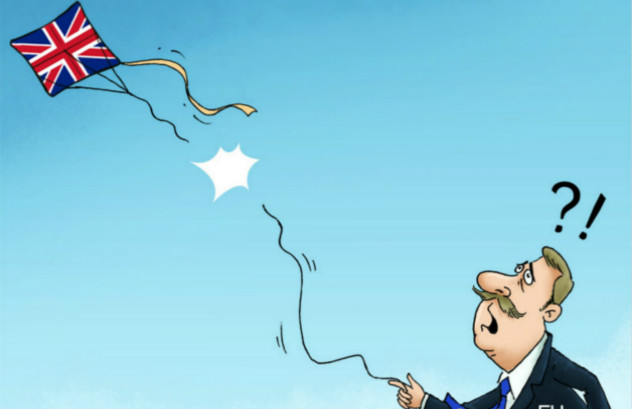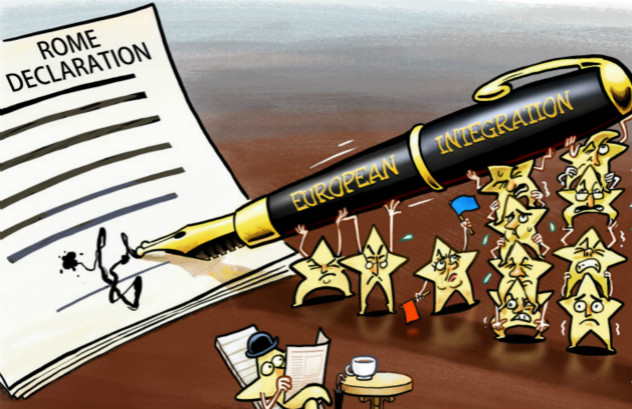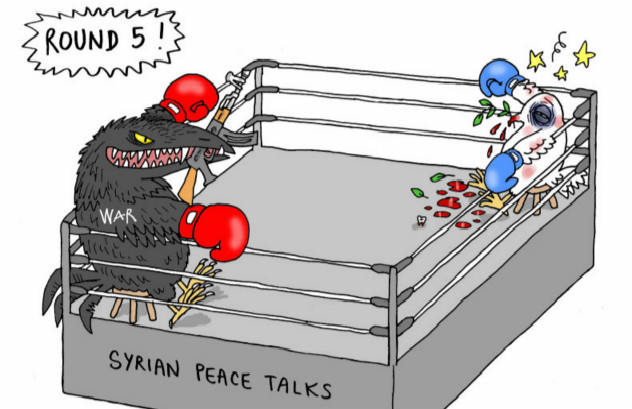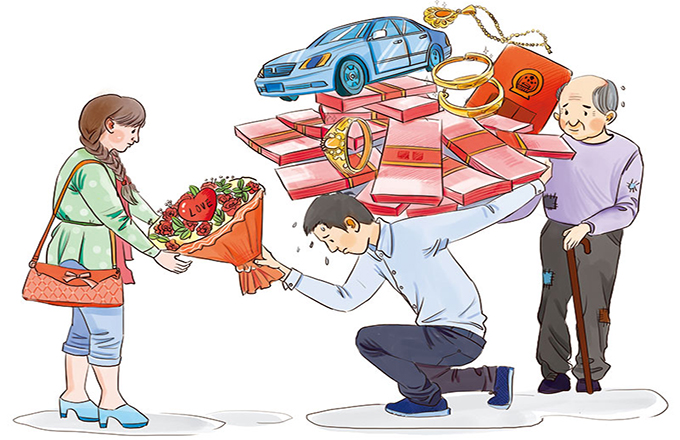Translation critical to Chinese contemporary literature going abroad
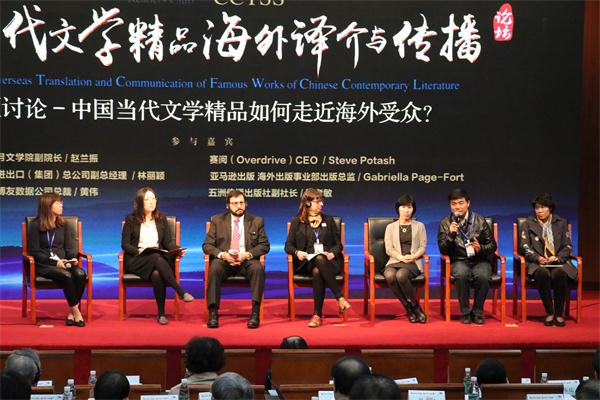 |
|
Guests talk about how Chinese contemporary literature go abroad during the forum held in Beijing on March 29. [Photo provided to chinadaily.com.cn] |
A lack of quality translations is holding Chinese literature back from carving a niche in the global library of contemporary literacy greats, according to a cultural forum held in Beijing on March 29.
The Overseas Translation and Communication of Famous Works of Contemporary Chinese Literature forum was organized by the Chinese Culture Translation and Studies Support (CCTSS), an online platform dedicated to promoting Chinese literature and culture overseas.
Meanwhile, the forum also marked the official launch of China's first guide dedicated to introducing contemporary Chinese literature to readers both at home and abroad.
Speaking of the future plan for globalizing Chinese literature, CCTSS executive director Xu Baofeng told that they would work with Amazon to publish a print version of the guide. They are also in discussions with e-book platform Overdrive to bring the publication to libraries around the world.
Books by Nobel laureate Mo Yan, Hans Christian Andersen awarding-winning Cao Wenxuan and sci—fi author Liu Cixin and Hao Jingfang are widely known by overseas fans, inspiring more Chinese contemporary writers to seek a global audience.
"You could say that the 'spring' for Chinese science fiction is here now, as the genre sees growth in readers, writers, public interest and capital," Wang Jinkang, one of the leading figures in the current generation of Chinese science fiction writers, said at the forum.
"There is still a rich diversity of excellent sci-fi writers like Liu Cixin and Hao Jingfang being neglected and worth introducing abroad," he said. "What we need to do is to provide a platform to writers with independent voices and dig out more genuinely valuable works and writers with great potential covering more diversified themes."
According to Xu, excluding online literature writers, China currently has nearly 100,000 titles in circulation. However, only fewer than 200 have attracted overseas fans.
"It's not as if we have a dearth of good Chinese writers, or works that deserve wider attention," said Xu. "But there is a language obstacle and culture gap between the East and the West. It takes time for foreign readers to get interested in Chinese life. They can enjoy reading translated Chinese books only after they have some idea about culture. And I think people read books to find out about other cultures. Sounds like a classic chicken-and-egg situation."
"It's true that the contribution of foreign translators cannot be ignored," Ma Yuan, a pioneer of the avant-garde literature that emerged in the mid 1980s, said. "Their excellent language capabilities and unique perspective tailored for western readers have helped introduce Chinese literature to the world."
Some Chinese publishers participating in the forum said that for them, understanding different lifestyles and thinking patterns is also a hurdle to global success.
"If Chinese contemporary literature is to go global, people need to know more about life in China, then people can get closer to Chinese literature and have an idea of how Chinese people think. When translating the literacy works, we could try to let Chinese translators and translators in the target language country work together to make the work a more understandable one," Jing Xiaomin, vice president of China Intercontinental Press, said.
Despite the bumpy road of globalizing Chinese contemporary literature, some foreign publishers are still enthusiastic and confident about exploring new spaces for releasing Chinese literature, considering the great potential for Chinese writers and their distinct literacy works in the global market.
"Over the last several years, we have determined that there is such a great interest in Chinese culture, Chinese literature, Chinese technology and education. And today Overdrive has a catalog of 30,000 Chinese language digital books being integrated in our platform," Steve Potash, from Overdrive, US-based e-book publisher, said.
Gabriella Page-Fort, the editorial director at Amazoncrossing, said: "There's an unprecedented demand from foreign users eager to understand China as the country develops and its international status grows. Chinese contemporary literature may act as a mirror providing an opportunity to the world to read and understand China better."




